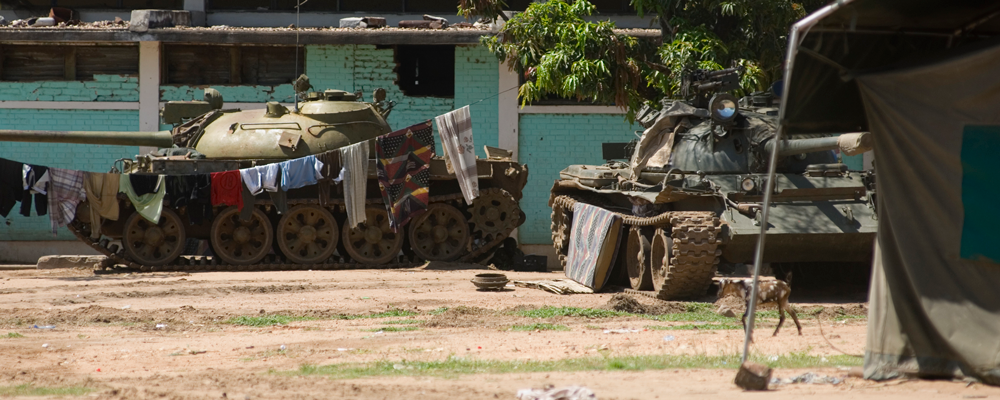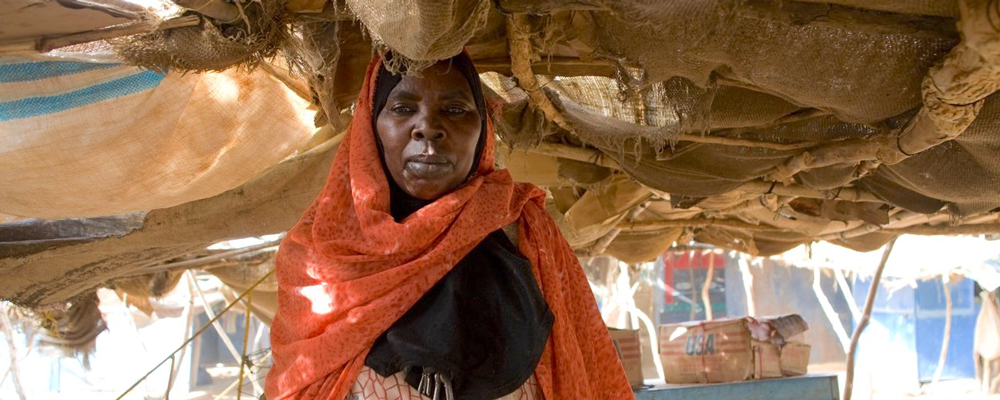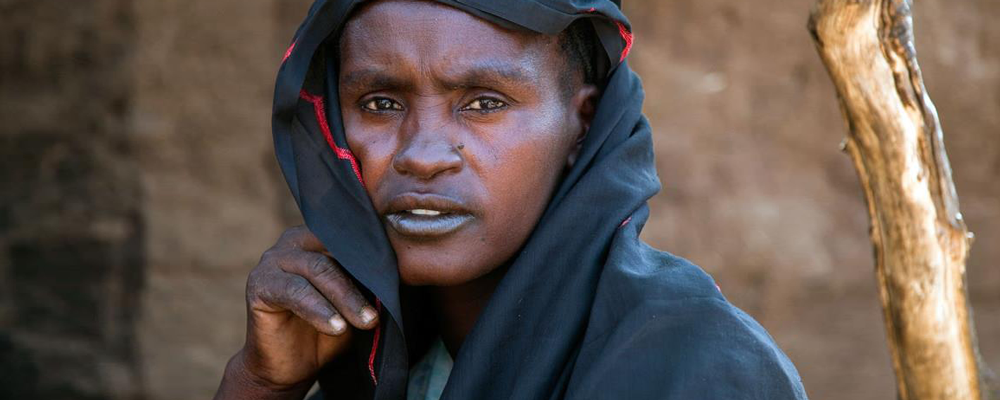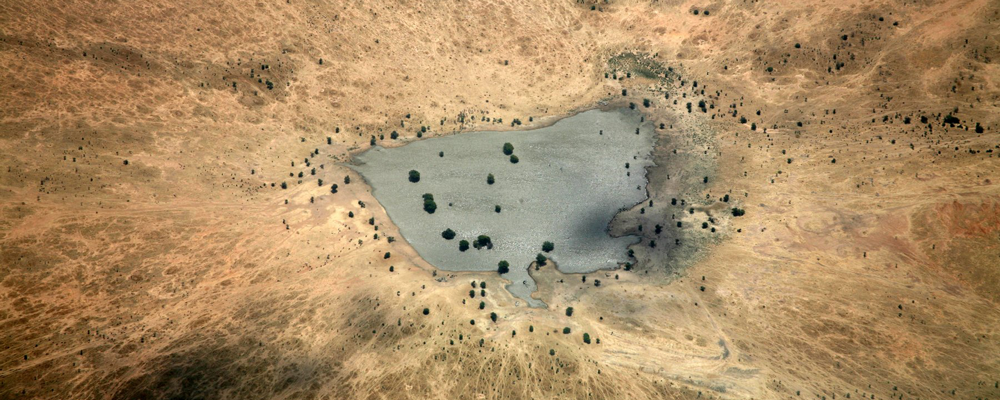In This City is a challenge to journey with us in prayer for 12 key cities in 2020. We ask you to commit to praying for fruit that will ripen and bear the seeds for mature, vibrant, and multiplying churches across the Arab world.
Introduction
We’re changing things up a little this month! Our prayer series is called In This City, but to understand how to pray effectively for the people Sudan, we want to share some insights on the broader region of Darfur.
Darfur covers an area twice the size of France and Belgium combined. The region technically has one capital – Al-Fashir, a historical caravan post that continues to serve as an agricultural marketing point in the northwest. However, the complex history of the region and the ethnic diversity means we need to grapple with the bigger picture to enable us to insightfully pray for the peoples of Darfur.
Have a look at Darfur on Google maps using the satellite mode. The arid, mountainous terrain makes this a challenging place to live. And yet, the land is rich with people. Sadly, there has been contention and conflict here for many years. The War of Darfur (February 2003—present day) has caused the land to be peppered with refugee camps, some bigger than cities.

About Darfur
Population: 9 million, nearly a quarter of the country’s population.
Languages: Arabic (official), English (official), Nubian, Ta Bedawie, Fur. There are approximately 70 languages native to Sudan.
Religion: Muslim 97%, Christian 2%, Other 1%. Islam is the dominant religion in Darfur. In the name of Islam, the militia fought against many tribes including the Fur, the Masalit, and the Tama. This caused a large number of the Fur people, especially the educated, to reject Islam and later to find Christ, so there has been a recent emergence of Christianity, following these tribal conflicts.
Ethnic groups: Arab 70% (six major tribes), African (15 major tribes).
Geographical size: 190,418 km² | 73,520 mi² . Darfur covers over a fifth of Sudan’s total area.
Location: Western Sudan. Darfur is bordered by four countries: Libya, Chad, Central Africa, and South Sudan.
Key historical events: The Fur tribe are ethnically related to the people of the Nile Valley. Egyptians brought Christianity to this region over 1000 years ago (AD 900). The faith gradually faded after the Islamic invasion in the 12th and 13th centuries. Through intermarriage with the Arabic el Khirah tribe, Darfur gradually acquired a new identity as an Arabic Muslim region. For almost 300 years Darfur was a kingdom independent of the rest of Sudan, ruled by a series of sultans. The capital city was Al-Fashir. In 1916, Darfur fell under Ottoman rule but ten years later, the people successfully fought the Ottoman government to set it free.
The ongoing War of Darfur began in 2003 when two rebel groups, the Sudan Liberation Movement and the Justice and Equality Movement, began fighting the government of Sudan, whom they accused of oppressing Darfur’s non-Arab population.
The authorities responded by carrying out a campaign of ethnic cleansing against Darfur’s non-Arabs. Hundreds of thousands of civilians died as a result. Sudan’s then-president, Omar al-Bashir, was indicted by the International Criminal Court for genocide, war crimes, and crimes against humanity. A ceasefire agreement was signed in 2010, with a tentative agreement to pursue peace, but talks were disrupted. Low-level violence has continued since.

Challenges
People
This violence and murder campaign by Bashir’s government forces, rooted in ethnic and tribal hostilities, resulted in over two million Darfuris, particularly those from a Christian background, becoming refugees. The region is still volatile, and refugees are not able to return to their homes. Indiscriminate killing, burning of houses, and arbitrary detentions continue daily.
Seekers
Two African tribes that became targets of severe violence by the previous government have now become more open to Christianity. The ‘capital’ of south Darfur, Nyla, has been thriving with house churches for the past three years. We know there are local pastors, preachers, and trainers who have studied at seminaries and theological schools in Egypt, Kampala, and Nairobi.
Team
There are no missionary bodies or institutions in Darfur, only a few individuals connected to larger organisations. Some missionaries work as chaplains connected with a UN-affiliated group.

Prayer points
-
Pray that there will be a better relationship between the new government of Darfur and displaced Darfuri refugees. Pray for security and safety to be fully established, and for peace in the hearts of the citizens.
-
Many Furs are proud of their Muslim heritage. Pray that the Scriptures might be translated into their language so they may understand that salvation only comes through Jesus.
-
Pray for the safety and steadfastness for all the existing churches in Darfur. Pray also for spiritual growth and depth in the house churches. Many Christians are still reluctant to declare their faith because of oppression from their families. They fear persecution and losing their inheritance.
-
Pray for all who spread the gospel in Darfur to be protected from persecution. Pray for wisdom to fulfil their mission, and for favour and grace from the Darfuris. Ask the Lord, too, to provide for their financial needs: for housing, food, and medical care.
One last thing…
Our correspondent writes that many in Darfur are thirsty for salvation. He reminds us of the words of Jesus in John 4:35 and Luke 10:2 respectively:
Do you not say, ‘There are yet four months, then comes the harvest’? Look, I tell you, lift up your eyes, and see that the fields are white for harvest.
And he said to them, ‘The harvest is plentiful, but the labourers are few. Therefore pray earnestly to the Lord of the harvest to send out labourers into his harvest.’
Remember these verses in your prayers for Darfur.
 Thank you for praying with us
Thank you for praying with us
Next month, we will be praying for Mardin in the south of Turkey.
